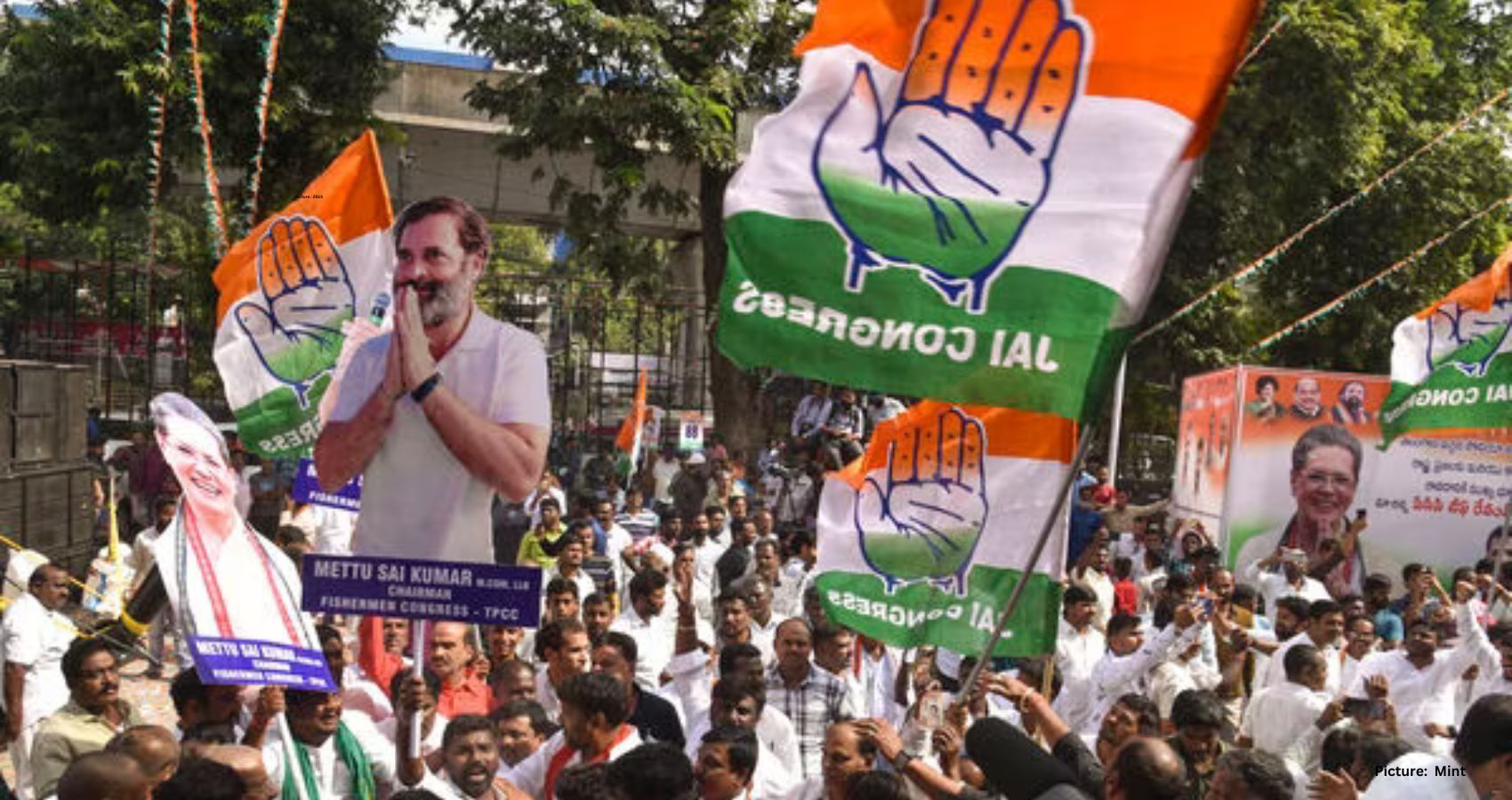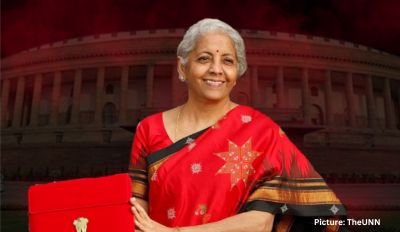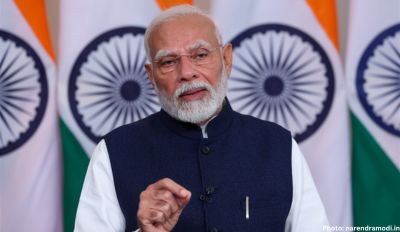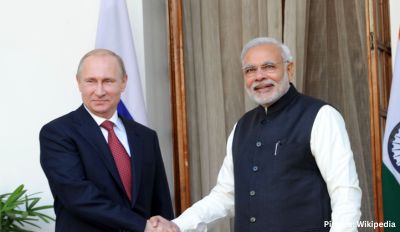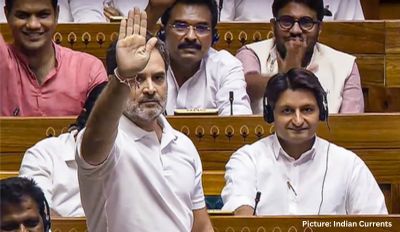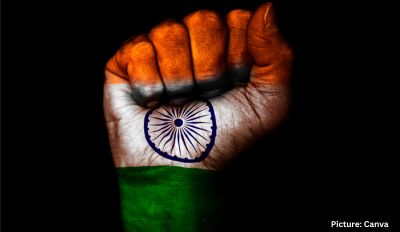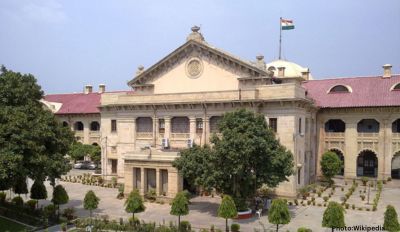India’s ruling nationalist Bharatiya Janata Party (BJP) won big in the Hindi heartland, wresting Rajasthan and Chhattisgarh from the Congress while comprehensively beating anti-incumbency in Madhya Pradesh. The Congress party failed to retain its bastions in the three states. However, the grand old party achieved significant success in southern India, wresting Telangana from K Chandrashekar Rao’s Bharat Rashtra Samithi. The Northeastern state of Mizoram has elected a regional party, the Mizo National Front, where the ruling BJP came a distant third. The elections results were announced on Sunday, December 3, 2023.
Of 90 assembly constituencies in Chhattisgarh, the BJP bagged 54 while the Congress won 35. In Rajasthan, the BJP got 115 of 199 seats.
The right-wing party was also likely to be re-elected in Madhya Pradesh for a record fifth term by winning 163 of 230 seats.
The Congress comfortably won Telangana state, which was ruled by the Bharat Rashtra Samithi party, formerly known as the Telangana Rashtra Samithi. Of 119 seats in the southern state, the Congress won 64, while the BRS got 39. The BJP won eight seats in the state.
Elections in the five states were held last month and more than 160 million people, or a sixth of India’s electorate, were eligible to vote. Polling in India is generally done in phases owing to the large population. “We always said we will win the heartland states,” BJP President Jagat Prakash Nadda told the media. “The results are the outcome of our finest political strategy and work on the ground.”
Congress president Mallikarjun Kharge said the party should not get “disheartened by this defeat” and should start preparing for the general elections with INDIA parties with “double enthusiasm”.
Modi and leaders of Congress, led by Gandhi, criss-crossed the states, addressing campaign rallies and promising cash payouts, farm loan waivers, subsidies and insurance cover, among other incentives, to woo voters.
The election results indicate the voter mood ahead of the national elections in May in which Modi is eyeing a third consecutive term. At the BJP headquarters in New Delhi on Sunday evening, party members and supporters lined up on the two sides and Modi walked between them, waving. The activists showered him with flower petals, chanting “Long live Mother India” and other slogans.
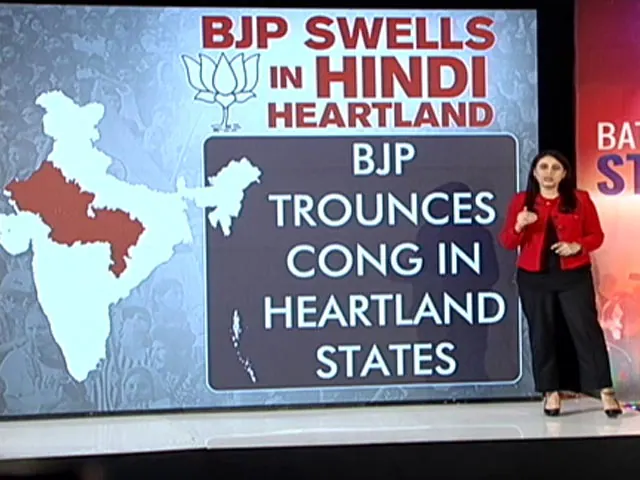
BJP’s performance was better than widely expected as opinion and exit polls had suggested a close contest between Modi’s party and Congress. Modi remains widely popular after a decade in power and surveys suggest he will win again next year. However, a 28-party opposition alliance led by the Congress has come together to jointly fight the BJP, posing a renewed challenge.
Modi told jubilant BJP members at the party headquarters the results suggested a third term next year was guaranteed.
“The results in Chhattisgarh, Madhya Pradesh and Rajasthan indicate that the people of India are firmly with politics of good governance and development, which the @BJP4India stands for,” Modi wrote on X, formerly known as Twitter.
BJP had suffered a setback itself when it lost the big southern state of Karnataka to Congress this year, as Rahul Gandhi, Congress Party leader worked hard to revive the party since its drubbing in the 2019 election and went on a 135-day march across the country covering more than 4,000 km (2,500 miles).
Rahul Gandhi has been instrumental in building the united opposition alliance, called the Indian National Developmental Inclusive Alliance or INDIA, after the Karnataka victory and his temporary disqualification from parliament after being convicted in a defamation case. Gandhi posted on X “the battle of ideology will continue.”
Politicians and analysts say state elections do not always influence the outcome of the general elections or accurately indicate national voter mood. Results of the last round of state elections before national elections have been misleading in the past.
The 2024 general election to India’s Parlaiument comes at a time when India is facing multiple challenges, including rising unemployment, attacks by Hindu nationalists against the country’s minorities, and a shrinking space for dissent and free media.

